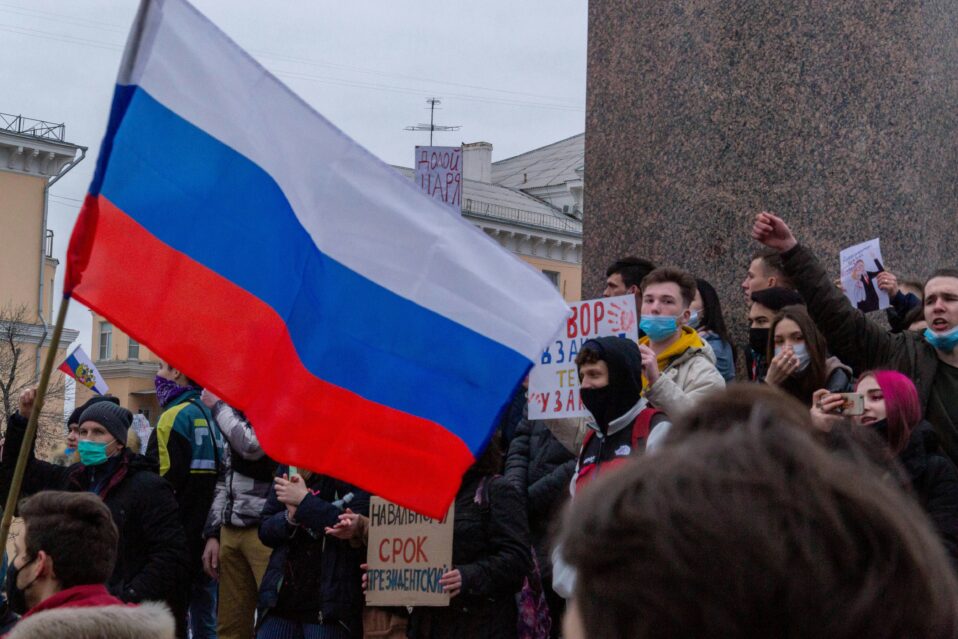February 16th, 2024 signified the loss of another hope for the reconstruction of law and order in modern Russian society. Alexei Navalny was an active opposition to Putin. Navalny started his career back in 2007 and forcefully ended his anti-Putin movement in 2024 due to his unexpected death at the Arctic Circle prison. This event carries greater significance to world affairs and identifies Russian power.
Alexei Navalny was known for his actions, specifically anti-corruption campaigns in Russia, appeals to the nation to rise for revolution, presidential election boycott, and other anti-current government movements that are not welcomed in the non-democratic state. Predictably, his actions were strictly controlled by elites in Russia and were not warmly met by the government.
Specifically, in August 2020, Alexei Navalny was poisoned by the famously known nerve agent, Novichok. This chemical is the deadliest chemical currently known to humanity. Novichok was invented by Russian scientists during the Cold War. Luckily, after the poisoning, Alexei Navalny was able to get to Germany in time to receive medical support and have a successful recovery. The most observable Putin’s opponent stayed in the German hospital and acquired all needed help until January 2021. Navalny then decided it was time for him to fly back to his homeland and facilitate anti-Putin views to the nation. He initiated his campaign by urging people to stand up against current elites and topple Russian governance. While landing Navalny’s airplane at the wrong airport within Moscow, the demonstrations was not deterred; however, not exactly in the way that Alexei was anticipating. Soon enough, he was arrested for the violation of parole and sentenced to prison for 19 years. While the protests continued in Russia, soon after Navalny’s disappearance from the public eye, the Russian government successfully stopped the rebellions. Thereafter, in 2023, Navalny was moved to the Arctic Circle, where he spent his last days and ultimately encountered his death.
The statements relevant to the recent death of the opposition are continuously altering their interpretation by pro-Putin executives. The original justification for death being “blood clot” was later changed to “sudden death syndrome,” as well as the date of his death shifting from February 15th to February 16th.
Navalny was the hope of the Western World to change the authoritarian regime within Russia. Now that Putin is not facing Navalny’s opposition, is there anything else providing hope for a potential freedom of Russia from Putin’s authority? However, with the rise of anti-Putin desires of the Russian nations, new opposition will be found in the country. As of right now, it is possible to predict that the widow of Alexei will be the one shouldering this role. Altogether, it will be ultimately up to the Russian nation to identify the future of their country. If the population is willing and ready for the regime change, the leader will be able to start the process. If the nation has still not gained enough basis to promote an anti-Putin perspective, then there are almost no outside factors that can shake and decrown Russian elites.
At the same time, Putin’s time might end without Navalny’s counterplay. The current president is 71 years old, and his era might be ending in the short future. It is important to note that in Russia, the system is mainly based on Putin’s authority; it is yet stable enough to survive the shift of power without significant institutional changes within the country.
Overall, the death of Navalny again highlighted to the rest of the world the absence of law and order in the Russian Federation, as well as the emphasis on the presence of a stable authoritarian regime within the state.
Written by Events Intern, Sofiia Lobas.
References:
https://www.reuters.com/world/europe/alexei-navalnys-death-what-do-we-know-2024-02-18/
Photo credit: Rom T


